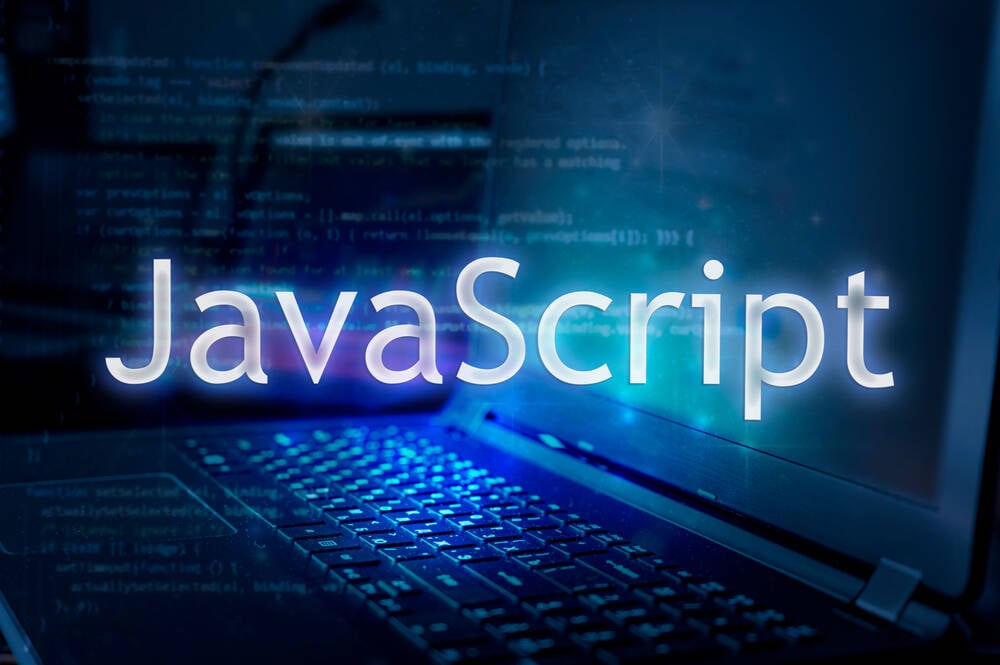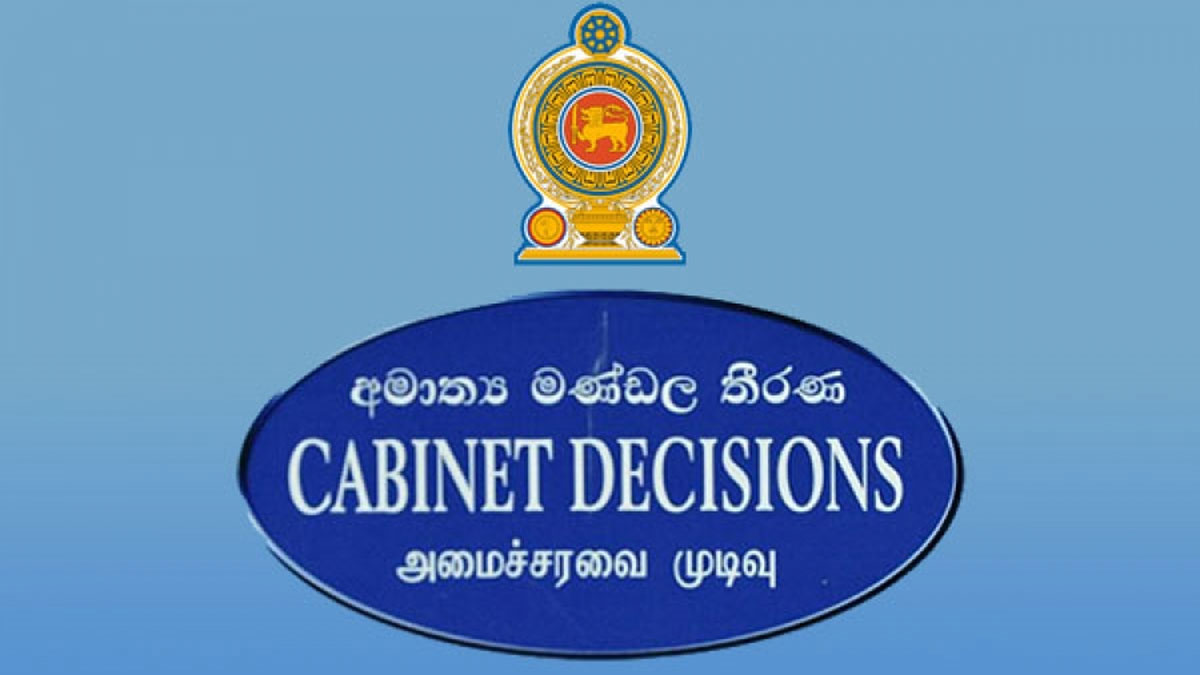
Oracle this week asked the US Patent and Trademark Office (USPTO) to partially dismiss a challenge to its JavaScript trademark. The move has been criticized as an attempt to either stall or water down legal action against the database goliath over the programming language's name. Deno Land, the outfit behind the Deno JavaScript runtime, filed a petition with the USPTO back in November in an effort to make the trademarked term available to the JavaScript community.
This legal effort is led by Node.js creator and Deno Land CEO Ryan Dahl, summarized on the JavaScript.tm website, and supported by more than 16,000 members of the JavaScript community.

It aims to remove the fear of an Oracle lawsuit for using the term "JavaScript" in a conference title or business venture. "Programmers working with JavaScript have formed innumerable community organizations," the website explains. "These organizations, like the standards bodies, have been forced to painstakingly avoid naming the programming language they are built around – for example, JSConf .
Sadly, without risking a legal trademark challenge against Oracle, there can be no 'JavaScript Conference' nor a 'JavaScript Specification.' The world’s most popular programming language cannot even have a conference in its name." Oracle is not shy about protecting its trademarks, in part because failure to police a mark weakens it under the law.
The tech giant for example won a preliminary injunction in 2002 against telecom publication Light Reading to prevent it from offering online newsletters under the titles "OpticalOracle" and "WirelessOracle." Last year, Rust for JavaScript Developers claimed to receive a cease-and-desist letter from an attorney representing Oracle, a claim that was subsequently dropped. And in November, the database biz sued Crypto Oracle LLC for using its trademarked name.
Concern about potential litigation is part of why the official specification for the JavaScript programming language is called ECMA-262 . In the initial trademark complaint , Deno Land makes three arguments to invalidate Oracle's ownership of "JavaScript." The biz claims that JavaScript has become a generic term; that Oracle committed fraud in 2019 when it applied to renew its trademark; and that Oracle has abandoned its trademark because it does not offer JavaScript products or services.
Oracle's motion on Monday focuses on the dismissal of the fraud claim, while arguing that it expects to prevail on the other two claims, citing corporate use of the trademarked term "in connection with a variety of offerings, including its JavaScript Extension Toolkit as well as developer’s guides and educational resources, and also that relevant consumers do not perceive JavaScript as a generic term." The fraud claim follows from Deno Land's assertion that the material Oracle submitted in support of its trademark renewal application has nothing to do with any Oracle product. "Oracle, through its attorney, submitted specimens showing screen captures of the Node.
js website, a project created by Ryan Dahl, Petitioner’s Chief Executive Officer," the trademark cancellation petition says. "Node.js is not affiliated with Oracle, and the use of screen captures of the 'nodejs.
org' website as a specimen did not show any use of the mark by Oracle or on behalf of Oracle." Oracle contends that in fact it submitted two specimens to the USPTO – a screenshot from the Node.js website and another from its own Oracle JavaScript Extension Toolkit .
And this, among other reasons, invalidates the fraud claim, Big Red's attorneys contend. "Where, as here, Registrant 'provided the USPTO with [two specimens]' at least one of which shows use of the mark in commerce, Petitioner cannot plausibly allege that the inclusion of a second, purportedly defective specimen, was material," Oracle's motion argues, adding that no evidence of fraudulent intent has been presented. Beyond asking the court to toss the fraud claim, Oracle has requested an additional thirty days to respond to the other two claims.
Oracle waited until the deadline to file this motion, a tactic commonly used to drag out proceedings Asked to comment, Dahl provided The Register with a copy of a draft blog post, now live here , addressing Oracle's claims that accuses the company of dragging its feet. "Oracle is sidestepping whether their use of the Node.js screenshot was wrong, instead arguing that it simply doesn't matter because they also submitted another document," he wrote.
"Oracle waited until the deadline to file this motion, a tactic commonly used to drag out proceedings. By challenging only the fraud claim, they avoid addressing genericness and abandonment—the core issues of the case." Dahl says Oracle's attempt to delay the proceedings forces Deno Land to either drop the fraud claim, "letting them get away with misrepresenting their trademark renewal," or "spend months fighting this procedural issue before even getting to the real debate.
" He concludes, "The truth is simple: Oracle did not create JavaScript. Oracle does not control JavaScript. Oracle should not own the trademark for JavaScript.
" ®.













